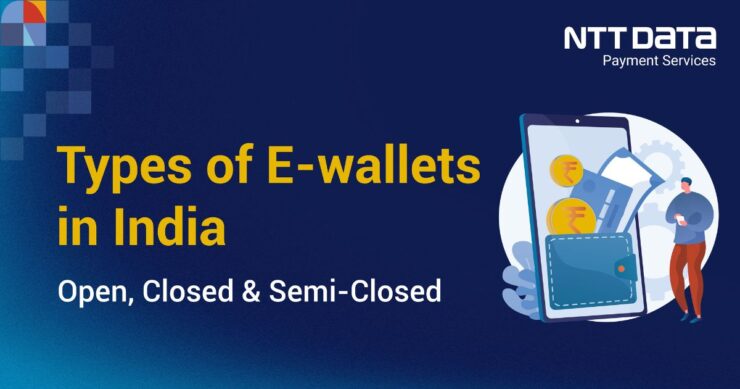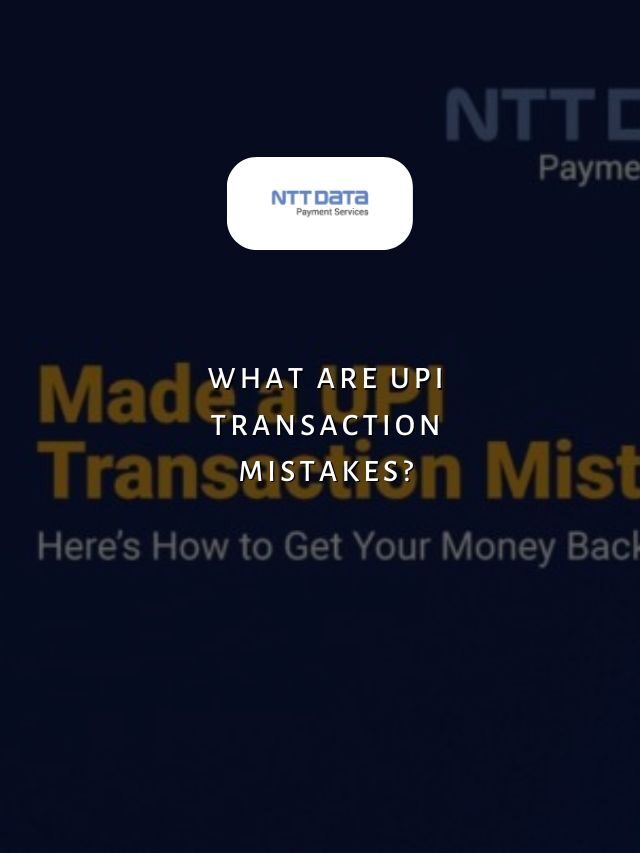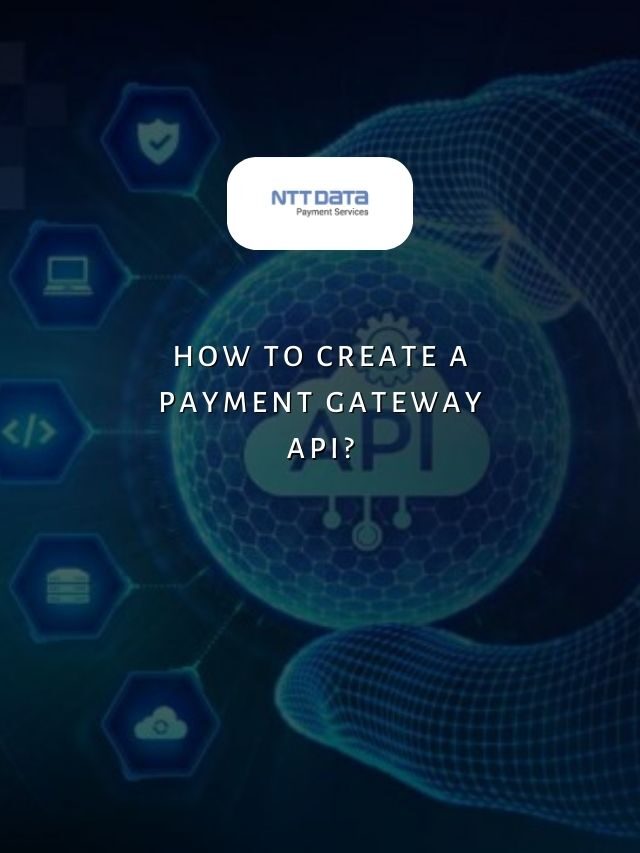
Table of Contents
Depending on their features and performance, there are three types of e-wallets accessible in India. In this article, we’ll talk about the three primary e-wallet varieties that are available in the Indian market.
A Brief Overview of 3 Types of E-wallets in India
With the rise of digital payments in India, e-wallets have become one of the most popular modes of making online and in-store payments. There are three different types of e-wallets are mainly available in the Indian market:
- Open wallets
- Closed wallets
- Semi-closed wallets
What are E-wallets?
E-wallets, or electronic wallets, are digital wallets that allow users to make payments online. They can store payment card details, bank account information, billing addresses, and shipping addresses.
Users can then use them for online shopping and payments without having to manually enter these details each time. E-wallets are a convenient way to make fast online purchases from multiple merchants.
Recent Web Stories
3 Different types of E-wallets
1. Open E-wallets
Open e-wallets are not linked to any specific bank account and can be used for transactions across multiple channels like mobile payments, online shopping, and in-store payments using QR codes.
Users can add money to their open wallet using any payment method, such as debit cards, credit cards, net banking, UPI, and more. The main advantage of open e-wallets is their interoperability, which allows users to make payments on any platform that accepts that particular e-wallet.
However, since the funds are stored in an e-wallet balance and not linked to a bank account, the balance amount is not covered under insurance in case of any fraud or loss.
2. Closed E-wallets
Closed or semi-closed e-wallets are directly linked to the user’s bank account. The funds can only be used for payments on the merchant’s own platform or app and not across different channels.
With closed e-wallets, the balance amount is protected since it is stored in the user’s linked bank account rather than the e-wallet balance. However, the usage is limited to the merchant’s own platform.
3. Semi-closed E-wallets
Semi-closed e-wallets have characteristics of both open and closed e-wallets. Like closed wallets, they are linked to a user’s bank account for added security of funds. However, like open wallets, the funds can be used across multiple online and in-store platforms that accept the particular e-wallet.
Users can add money from their bank account and use it for payments on multiple apps and websites. The advantage is the interoperability of open wallets along with the balance protection of closed wallets.
Differences between the three types of e-wallets
Here are the major differences between the three types of e-wallets.
| Categories | Open Wallets | Closed Wallets | Semi-closed Wallets |
| Purpose | Loading money and making payments to any merchant. | Restricted to a single merchant only. | Can be used at designated few merchants only. |
| Withdrawal | Funds can be withdrawn anytime. | Funds can be withdrawn only to the linked bank account. | Funds can be withdrawn only to the linked bank account. |
| PPI licence mandate | Not required to have PPI licence. | Not required to have PPI licence. | Required to have a PPI licence. |
| Transaction Type | It can be used to pay at any merchant. | It can be used to pay only at a single designated merchant. | It can be used to pay at designated few merchants only. |
| Flexibility | Highly flexible | Limited flexibility | Moderate flexibility |
| Usage | It can be used for all purposes like payments, transfers, etc. | Restricted to payments for a single merchant only. | It can be used for payments to a few designated merchants. |
| Additional Features | Additional value-added services like insurance, loans, etc. can be offered. | Limited to basic payment functions only. | May offer additional services like insurance, etc., along with basic payment functions. |
| Issues / Developed by | Developed independently by payment aggregators. | Developed by merchants themselves for their own businesses. | Developed by payment aggregators in partnership with a few large merchants. |
Access Online Payments with NTT DATA Payment Services
NTT DATA Payment Services provides digital payment solutions for businesses to accept e-wallet and UPI payments online and offline. Merchants can integrate our payment gateway to offer their customers a seamless checkout experience using various popular e-wallets.
NTT DATA Payment Services offers a complete payment solution to advance both your offline and online businesses from,
- Online Payment Gateway in India
- POS machines
- IVR payments
- Mobile applications, and
- Bharat QR Scan and Pay
We ensure maximum comfort, convenience, and safety for all your payments.
The Future of Digital Payments in India
As payment technologies evolve, e-wallets will likely become even more integrated into our daily lives. Open wallet systems allow for more interoperability between providers, benefiting consumers. Closed wallets offer strong brand loyalty through exclusive benefits. And semi-closed wallets provide a balance between the two.
The widespread adoption of e-wallets will help drive financial inclusion and modernise commerce in India.
| Also, you can get frequent updates on nttdatapayments Instagram page. |
Types of E-wallets in India: FAQs
1. What are e-wallets?
E-wallets are digital wallets that allow users to store payment details and make online payments without entering details each time. They are a convenient way to pay for purchases.
2. What are the 3 types of e-wallets?
The 3 main types are open, closed, and semi-closed e-wallets. Open wallets can be used across channels, closed only for one merchant and semi-closed for a few merchants.
3. How do open e-wallets work?
Open e-wallets allow funds to be added from different sources and payments made on any platform. However, the funds are not linked to a bank account for insurance.
4. What are the advantages of closed e-wallets?
Closed e-wallets offer added security as funds are directly linked to and stored in the user’s bank account. However, usage is restricted to one merchant.
5. How do semi-closed e-wallets provide balance?
Semi-closed e-wallets are linked to a bank account for protection, like closed wallets, but they also allow usage on multiple platforms, such as open wallets. They offer a balance of flexibility and security.







